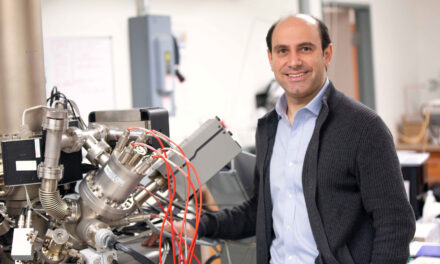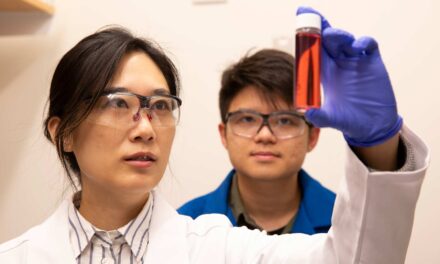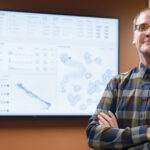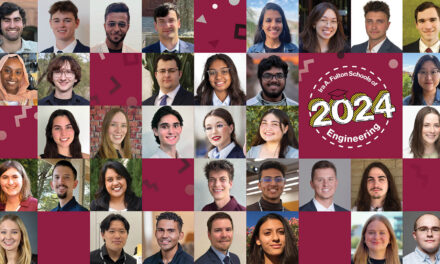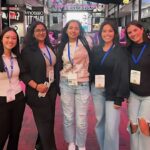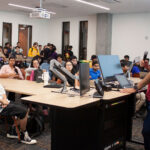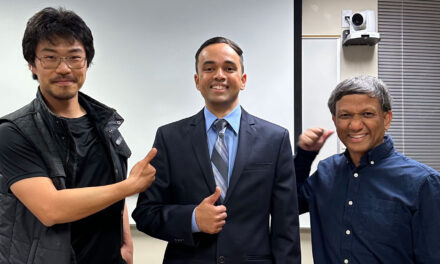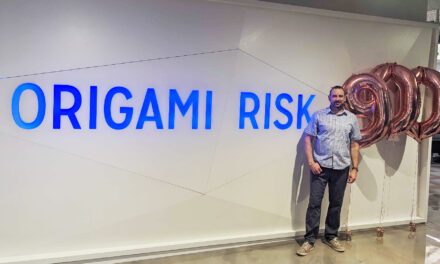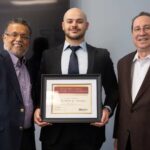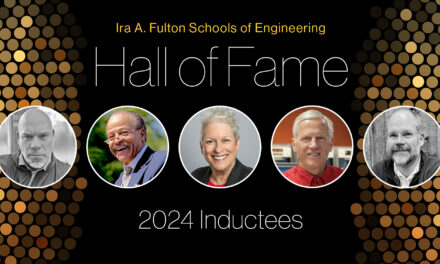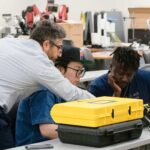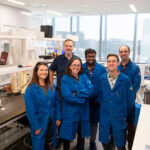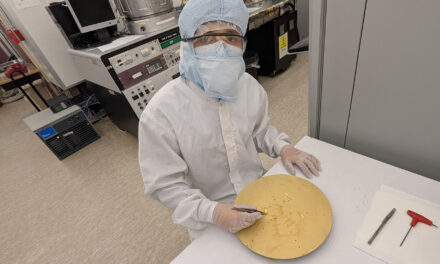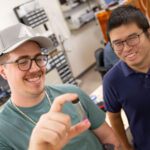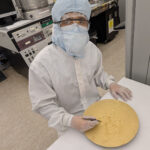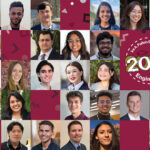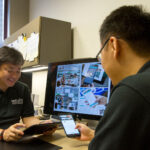
ASU professor wins McNulty Prize for global impact
ASU Engineering Professor Cody Friesen awarded for helping communities access clean drinking water
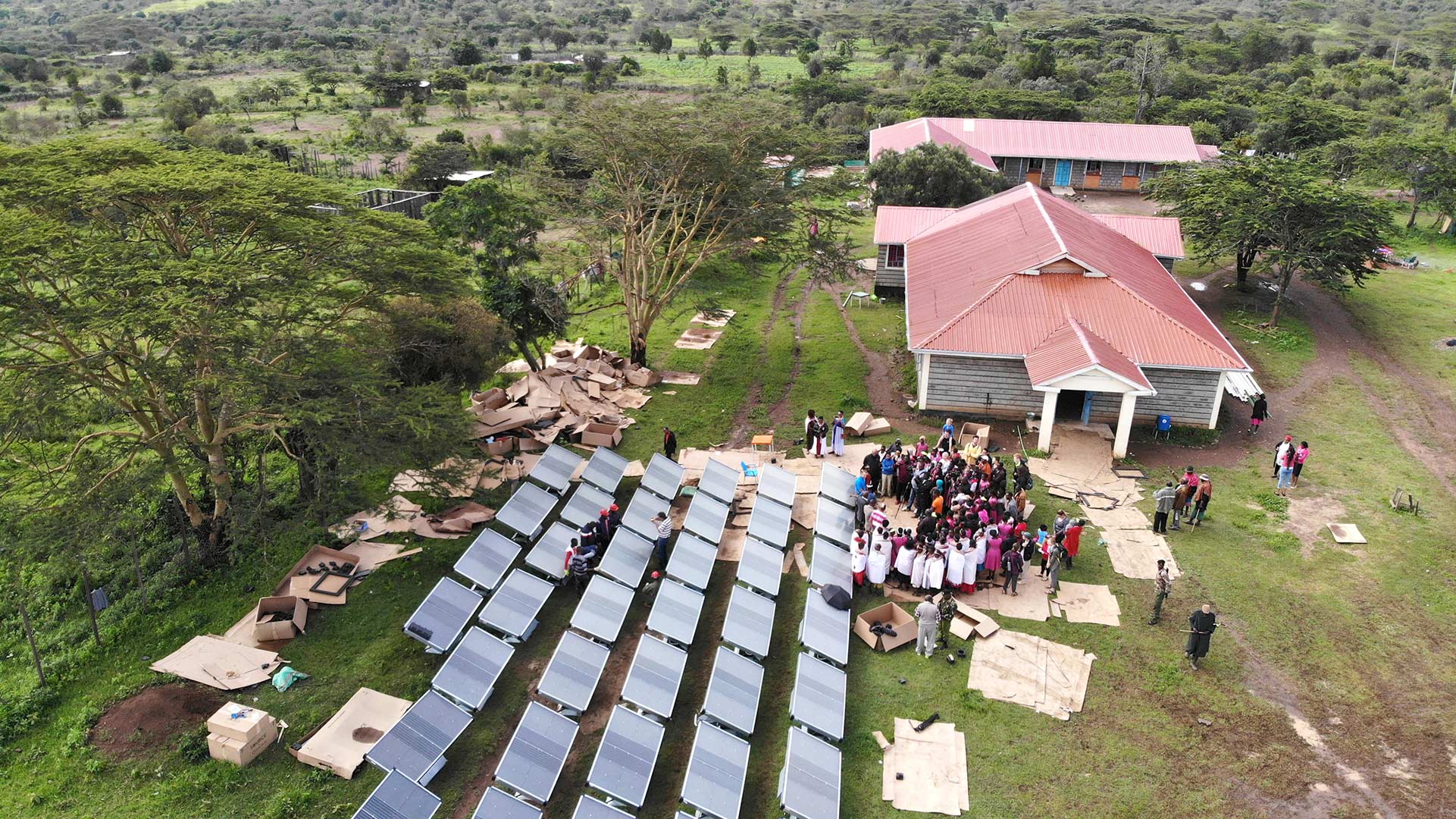
The John P. McNulty Prize honoring bold leaders using their talents and resources to tackle the world’s most pressing issues is being awarded to Cody Friesen, an associate professor at Arizona State University and founder and CEO of SOURCE Global. The company is employing innovative technology that uses water vapor in the air to produce high-quality drinking water almost anywhere on the planet, even in remote areas.
The first ASU faculty member or alumnus to win the prize, Friesen is striving to realize his vision for ending the potable water scarcity faced by much of the world’s population.
“At least 2.4 billion people on planet earth don’t have clean water to drink, but giving communities worldwide water ownership, access and security is possible, and SOURCE is committed to perfect water for every person, every place,” says Friesen, who teaches materials science and engineering in the School for Engineering of Matter, Transport and Energy, one of the seven schools in the Ira A. Fulton Schools of Engineering at ASU. He is also a senior global futures scientist at ASU’s Julie Ann Wrigley Global Futures Laboratory.
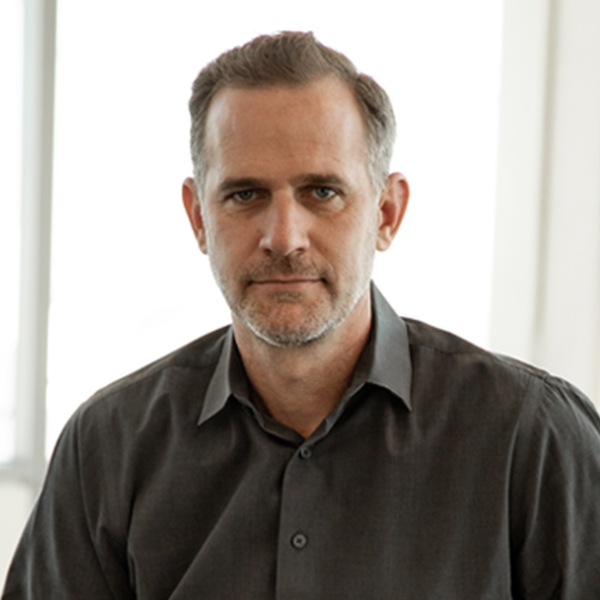
Cody Friesen
The McNulty Prize, awarded in partnership with the Aspen Insitute, is bestowed on leaders to recognize their “moral courage, vision for change, and track record of bold and lasting impact.” Each winner receives $150,000 and institutional support to advance their mission.
SOURCE Global has already used its Hydropanel technology to bring clean drinking water to people in more than 50 countries, particularly in remote, indigenous, and other historically underserved communities. It innovatively uses energy from the sun to transform water vapor in the air into high-quality drinking water, with no need for external electrical or liquid water inputs.
The impact of water ownership on communities is vast. According to UNICEF, women and girls around the globe spend a collective 200 million hours a day gathering water, almost exclusively from non-potable sources.
This gathered water is expensive not only because of its troubling sociological impact, but in monetary terms as well. Friesen says that water ends up being more than 100 times more expensive than the potable water that’s flushed down the toilet in a typical US city. The disparity is due to that economic loss, and to costs incurred by governments to deal with outbreaks of diarrheal disease caused by the water.
Access to water via SOURCE Global’s technology enables women and girls to spend their days going to school or work.
The company often employs local community members to install and maintain the panels. The drinking water generated from solar-powered Hydropanels can make bottled water obsolete, benefiting communities economically and environmentally.
Friesen says that in 2021 alone, SOURCE water offset the use of more than 3.6 million plastic water bottles. He views the efforts to achieve such a vast impact as an extension of his academic work at ASU.
“When I think of what academia is about in the broadest sense, two primary functions come to mind: one, the creation of new knowledge and two, the transfer of knowledge,” Friesen says, “Historically, the former meant research with the end goal of peer-reviewed publication and the latter meant teaching with the end goal of students graduating and carrying that knowledge into society.
“However, when I first arrived at ASU as junior faculty in 2004, President Michael Crow was articulating an additional framing of academia, the role of translational research, research that directly translates into the field to solve real-world problems, and how it would not only transform ASU but also the balance of academia and its relevance to society,” he says.
Hence, Friesen’s research group is highly translationally oriented. It prioritizes the creation of new knowledge in the realm of materials science and renewable energy that targets and directly engages in global-scale challenges. The group ensures its basic and applied research is patented and moved into start-up companies where it can ultimately be fielded in a way that addresses the problems on which the group focuses.
“Knowing that access to safe drinking water is perhaps humanity’s greatest challenge, we recognized that there is an immense amount of water vapor in the lower atmosphere and that with sunlight as an energy source, it is theoretically possible to create a renewable, distributed approach to drinking water,” Friesen says.
That research has now resulted in the granting of 13 patents, more than 100 patent applications and the SOURCE Hydropanel. In 2019, the research group was also recognized with the Lemelson-MIT award, the largest monetary prize for inventors in the United States.
“We’re still just at the beginning. There are meaningful opportunities to advance the materials we use and the thermodynamic efficiency in ways that will make the technology even more productive,” Friesen says. “Ultimately, the goal of this work is to democratize access to drinking water and deliver water equity for all humans. We’re just getting started.”


